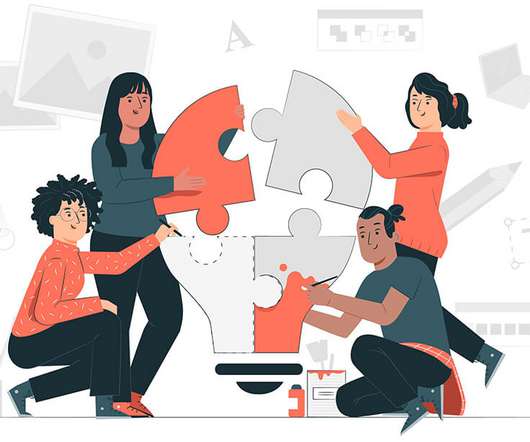Getting Learners to Collaborate in a Virtual Learning Environment
ScholarLMS
OCTOBER 10, 2020
The Benefits of Collaborative or Social Learning in Conventional Classrooms. The high level of collaboration in a real-time setting is attributable to the time spent in-person with classmates, friends, mentors, and instructors, or teachers. Share experiences and knowledge. Work in groups. Course Delivery.















Let's personalize your content